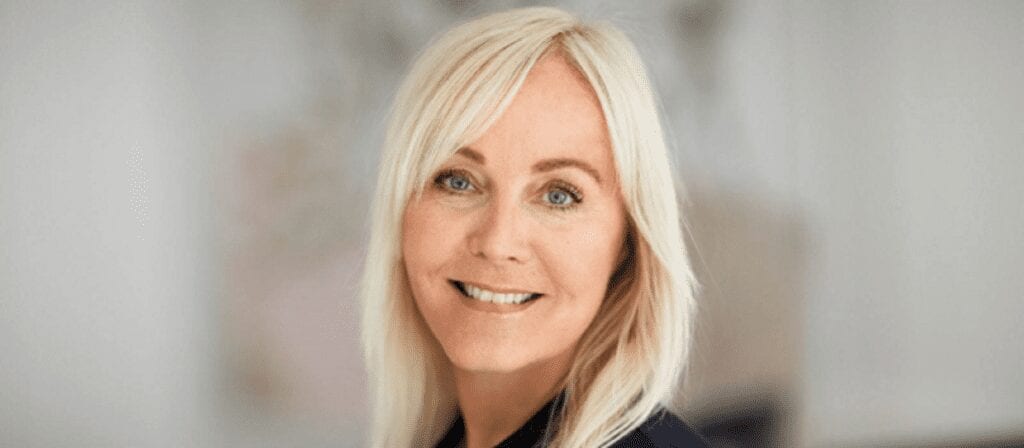Diversity and inclusion in the workplace have long been considered a natural fit to the organisational values of insurance companies that have a cooperative, mutual and other member-owned business model, and which are part of the International Cooperative and Mutual Insurance Federation (ICMIF) membership. Increasingly, they are realising that diversity is not just the right thing to do from a social perspective, it can also be a powerful competitive differentiator, helping them to better serve their customers, make better decisions and augment their talent programmes.
Jens Henriksson, CEO of ICMIF member company Folksam in Sweden, likens the evolution of the diversity issue to the environmental issue. “A few years back environmental concerns were viewed as an added value to our business. Today, it is one of our core values. Now, if we don’t have a diverse work force, we will struggle to understand our customers, and so our business will suffer. I think it is fascinating how something like this also has become key from a business perspective.”
Folksam is particularly good in terms of gender equality, with a fairly equal split of men and women in management positions and the executive management group. Going beyond gender diversity, Folksam strives to become a company that mirrors their customers and society as a whole. “For us, diversity is many things – for example, gender, sexual orientation, age, educational background, social background and ethnic background. The point is that there are several components within diversity, and a mix of everything is desirable.” says Henriksson.
Another ICMIF member committed to promoting diversity and inclusion in the workplace is Securian Financial Group in USA. Securian appointed its first Chief Diversity Officer and established a diversity and inclusion council that engages Employee Resource Groups in the planning and execution of diversity and inclusion strategy. They have a number of initiatives both internally and working in communities to generate a more inclusive culture where all people are welcome, diverse voices are heard and a broad range of perspectives are valued. They are actively partnering with more diverse organisations and increasing participation in diverse career fairs and events, as well as building a supplier diversity programme.
This approach is in keeping with Securian’s corporate values, but they are also aware of the wider benefits of diversity. “At Securian we believe that championing a more diverse workforce enriches customer relationships, strengthens business results and fosters more innovation”, says CEO, Christopher Hilger. “Leveraging our associates’ talents and perspectives from all walks of life will enable us to provide a more inclusive workplace and be a more purpose-driven company in the communities where we work and live”.
As well as actively looking for ways to promote diversity, several ICMIF members are tackling one of the main saboteurs of organisational diversity: unconscious bias. Unconscious bias occurs when our brains take mental shortcuts to allow us to act faster, which can lead to biases and prejudices that are invisible to us. A good example is in recruitment, where we may be unwittingly drawn towards candidates that are “like us” (similar interests or academic background) or feel less favourable towards candidates that are quite different to us (or perhaps remind us of someone we dislike or distrust). This affinity bias is then compounded by the confirmation bias, whereby we unconsciously filter subsequent information about the candidates, paying too much attention to aspects that confirm our unconscious judgement and not enough to disconfirming evidence. Increasingly we are hearing stories of our members recognising unconscious bias as a barrier to diversity and taking action by providing education to key stakeholders to help to overcome this problem.
Diversity can also play a major role when faced with complex, strategic decisions. In circumstances where there are too many unknowns or too many moving parts to reliably make an informed judgement, then there is no one expert, or group of experts, that holds all the answers. Relying on one decision-maker or one group of like-minded decision-makers (no doubt with similar unconscious biases) will inevitably lead to poor strategic decisions, and the antidote to this is diversity of thinking. Harnessing diverse perspectives can help organisations to better diagnose the problem and uncover all the facts and opinions before deciding what action to take.
Building on this point, Securian have a very interesting programme where they have identified key strategic projects (as part of the organisational five year strategy) and have formed project groups from different parts of the business, at different levels, different skillsets, different genders, etc. and have found that the diversity in thinking in each of the project teams has been extremely valuable. In addition to this, they have built participation in the strategic project teams into their talent management programme, whereby they have agreed with each employee joining a project team what they want to learn from the experience. So as well as a method of delivering strategy via diverse project teams it has also become a structured, experiential learning opportunity for those taking part. So far the results of this programme have been very promising.
This concept of using diversity to help make and implement better strategic decisions works particularly well at an international level, and is an integral part of ICMIF’s twice yearly Advanced Management Course. One of the key value propositions of the course is the diversity of thinking that we get from our participants, who come from many different countries, cultures and backgrounds and have diverse job roles, skillsets and experience levels. We have access to great facilitators and the course content is first class (we have been teaching about unconscious bias in decision making for over a decade), but what really sets the course apart is the opportunity to learn from peers from around the world. Participants bring to the course a complex challenge they are facing in their organisations which enables them to apply what they have learned directly to those challenges and at the same time harness all of the diverse perspectives and ideas from the rest of the group. This is extremely powerful and enables our participants to return to their organisations with a better understanding of their complex challenges and with fresh ideas of how to tackle them.






